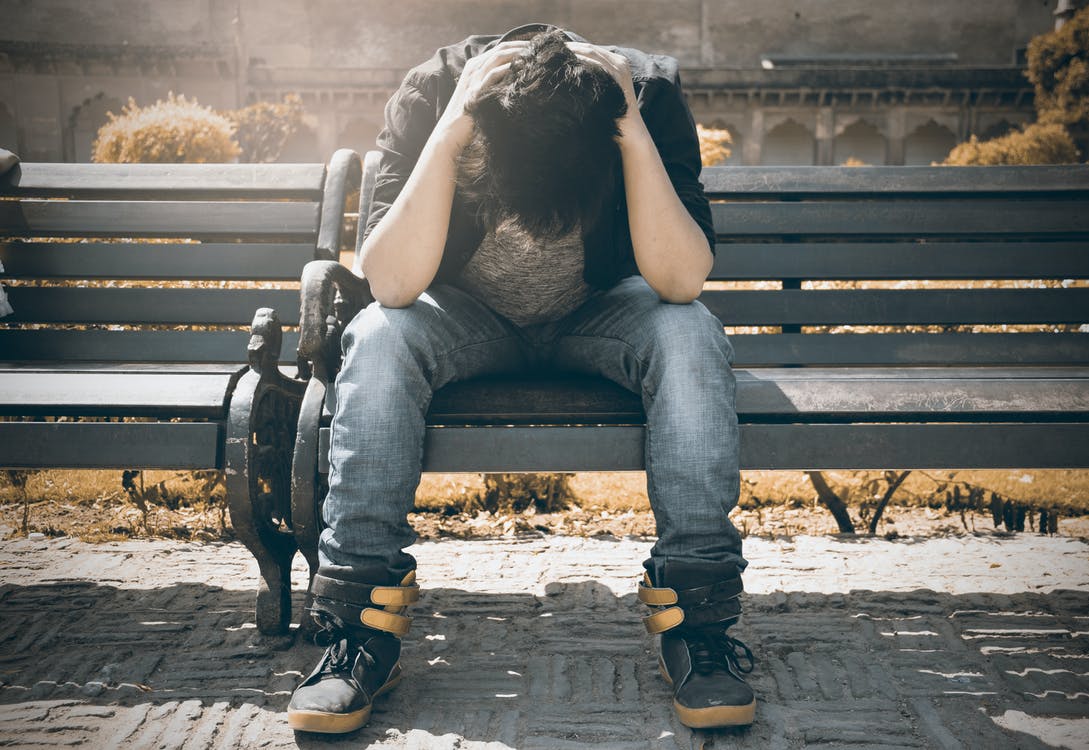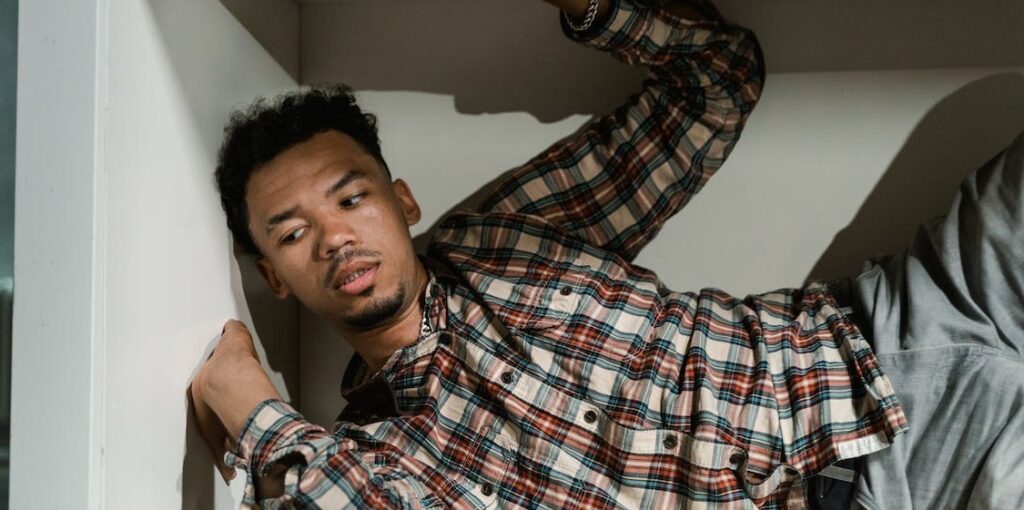As you stand at the threshold of your in-patient rehab journey, it’s natural to feel a mix of emotions – hope, apprehension, and maybe even a hint of fear. You’re embarking on a path of healing and transformation, one that often proves to be challenging yet incredibly rewarding. In this journey, one of the critical pillars of support can be your family and friends.
Rehabilitation isn’t a solitary endeavor. It’s a collective effort that involves you, your treatment professionals, and the people who care about you. Your family and friends play a significant role in your recovery process, and their involvement can make a world of difference.
Firstly, they provide a safety net of love and encouragement. Their unwavering support reminds you that you’re not alone in this fight. Their belief in your ability to overcome addiction can be a powerful motivator on the tougher days.
Secondly, they can be essential in helping you rebuild broken bridges and mend relationships. Addiction often strains the bonds with loved ones, leaving wounds that need time and care to heal. In-patient rehab offers a structured environment where you can begin this healing process, and the presence of family and friends can facilitate honest conversations and reconciliation.
Moreover, your loved ones can actively participate in your treatment. Family therapy sessions, for instance, allow for open dialogue about the challenges that both you and your family may face. By gaining insights into addiction and learning healthier ways to communicate and support one another, your family can contribute significantly to your recovery journey.
But you might wonder about the finer details, the practical aspects of how this involvement works. Let’s address some frequently asked questions regarding the role of family and friends in in-patient rehab for addiction, especially in the South African context:
1. What if my family and friends don’t understand addiction? It’s quite common, and it’s okay. Rehab often includes educational components for families to better understand addiction. Also, counseling sessions can bridge gaps in understanding.
2. How can my loved ones help me after rehab? Support doesn’t end with rehab; it’s an ongoing process. Your family can continue to support your recovery by attending support groups, practicing open communication, and encouraging healthy activities.
3. What if my family relationships are strained due to addiction? In-patient rehab often includes family therapy to address these issues. It’s an opportunity to rebuild trust and heal emotional wounds.
4. Are there support groups for families of addicts in South Africa? Yes, there are support groups like Al-Anon and Nar-Anon in South Africa where families can find guidance and share their experiences.
5. Can my friends play a role in my recovery too? Absolutely! Friends who are supportive and understand your journey can be a valuable part of your support network.
Remember, your family and friends are on this journey with you, and their support can be a lifeline. Together, you can navigate the path to recovery, heal, and build a brighter future.
Useful Tools
- Family Therapy Sessions: These structured sessions involve you, your family, and a therapist. They provide a safe space for open communication, addressing underlying issues, and learning healthier ways to interact.
- Educational Resources: Look for resources or workshops within the rehab facility that help your family and friends better understand addiction. Knowledge empowers them to support you effectively.
- Support Groups: Encourage your loved ones to join local support groups like Al-Anon or Nar-Anon, where they can connect with others who are facing similar challenges and find guidance.
- Communication Skills Training: Rehab often offers communication skills training for both you and your family. These skills can help everyone express their thoughts and emotions more effectively.
- Post-Rehab Support Plan: Work with your treatment professionals to create a post-rehab support plan that includes specific ways your family and friends can continue to support your recovery journey. This plan can be a roadmap for ongoing assistance.
In this journey of recovery, remember that you are not walking alone. Your loved ones, your family, and your friends are right there beside you, ready to offer their unwavering support. Just as the great Helen Keller once said, “Alone we can do so little; together, we can do so much.”
The path to recovery may be challenging at times, but with your support network standing strong, you are equipped to overcome any obstacle. Your family and friends are not just bystanders; they are active participants in your healing process. Their love, understanding, and commitment can be the wind beneath your wings, propelling you towards a brighter, addiction-free future.
So, as you move forward in your journey, know that you are surrounded by a web of love and support. Embrace it, lean on it, and let it uplift you. Together, you can conquer addiction and emerge stronger than ever before.

